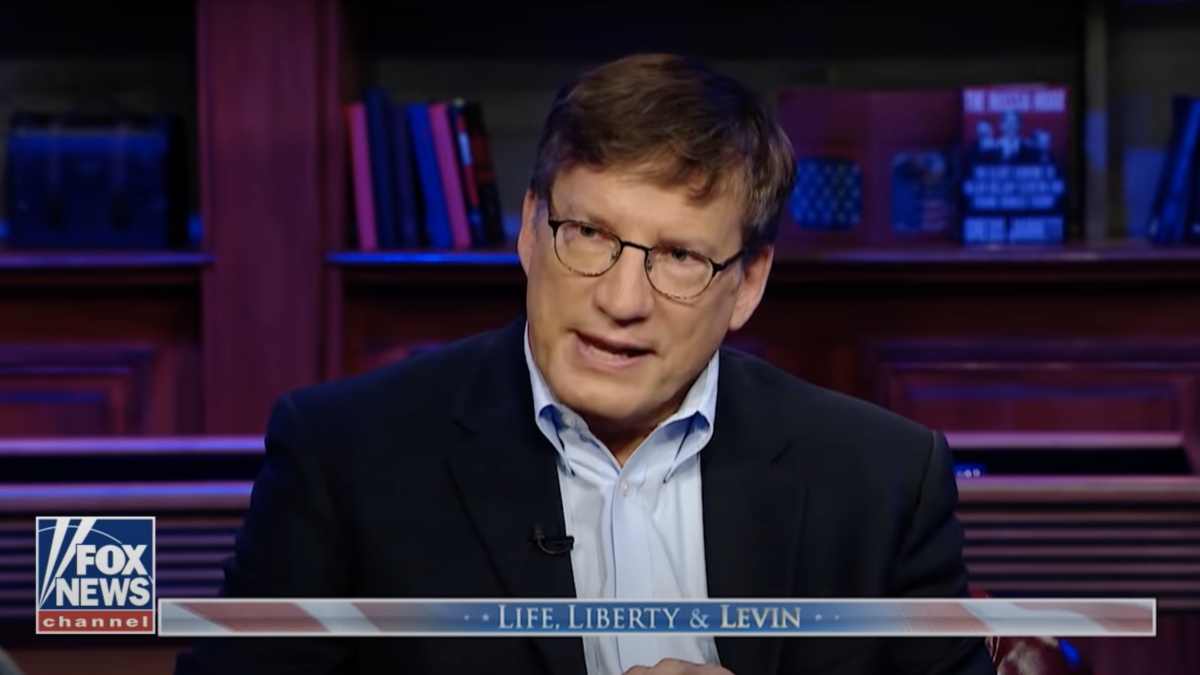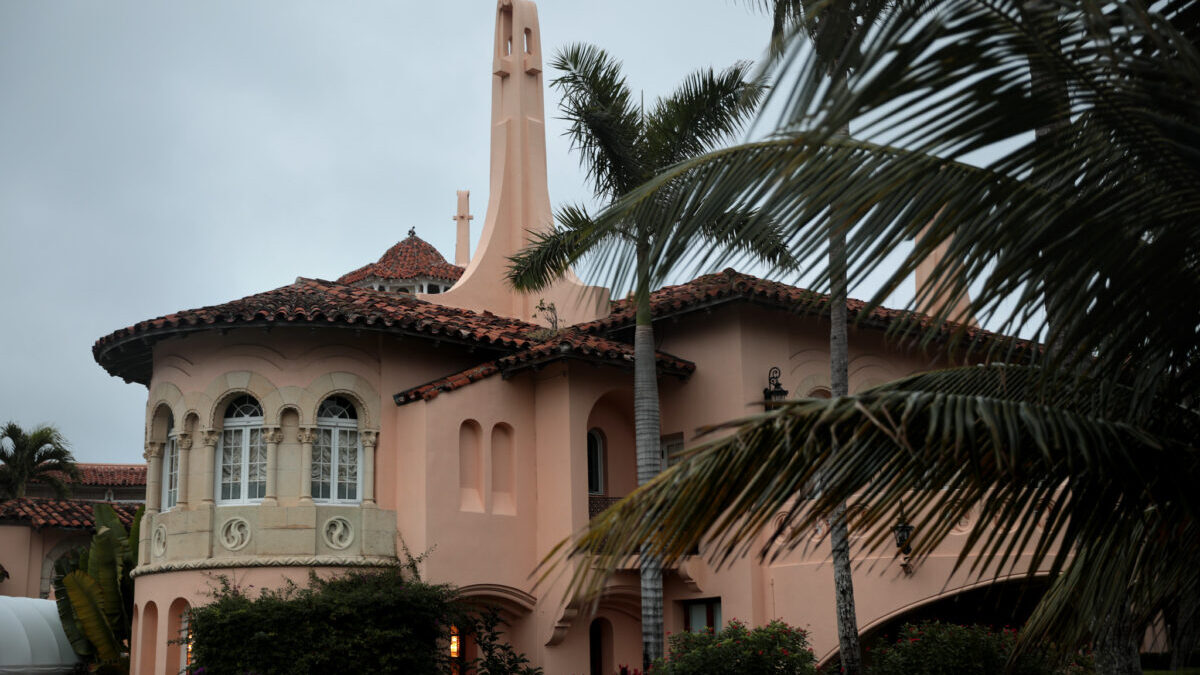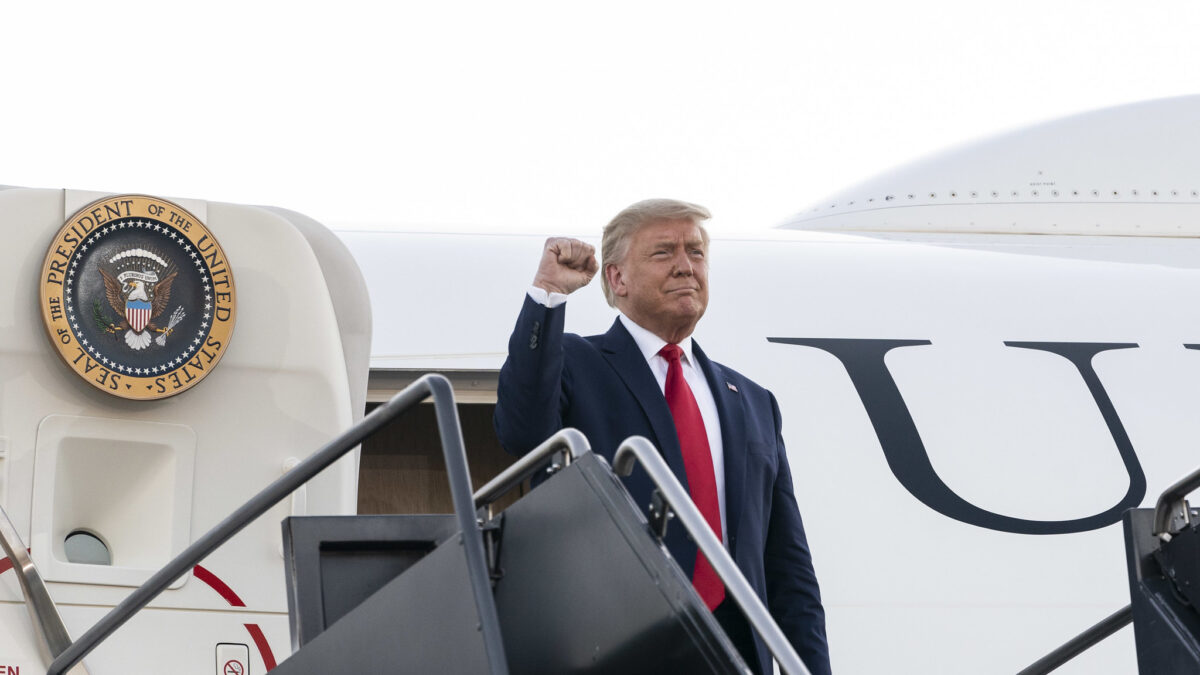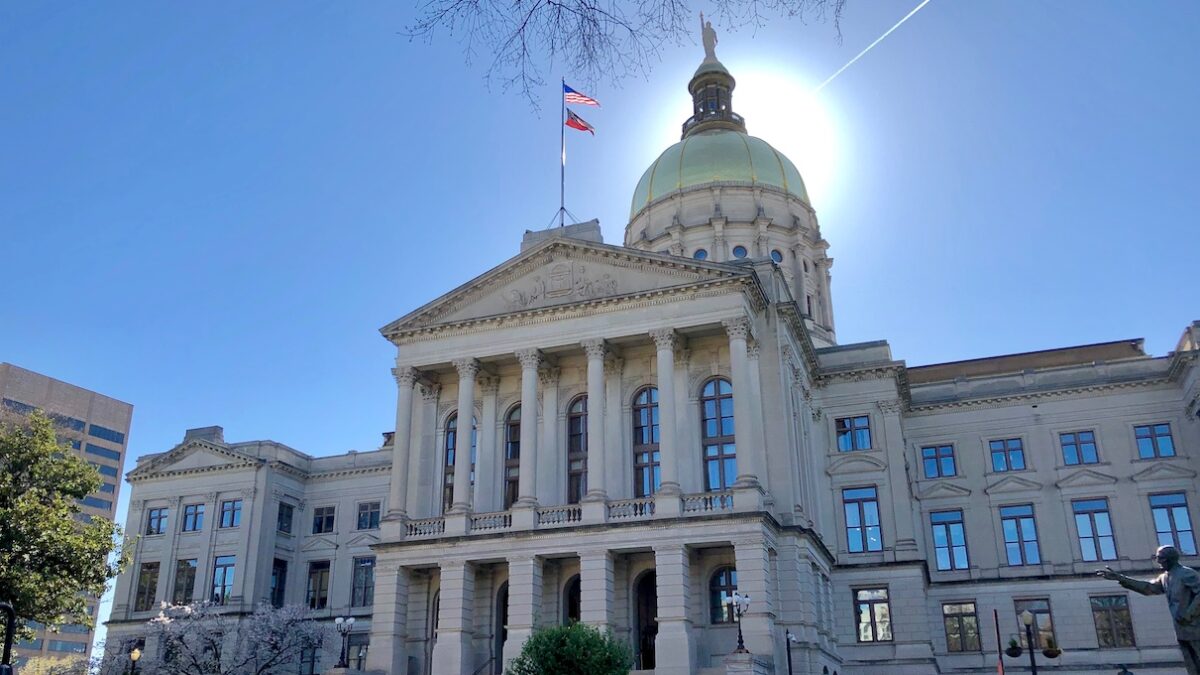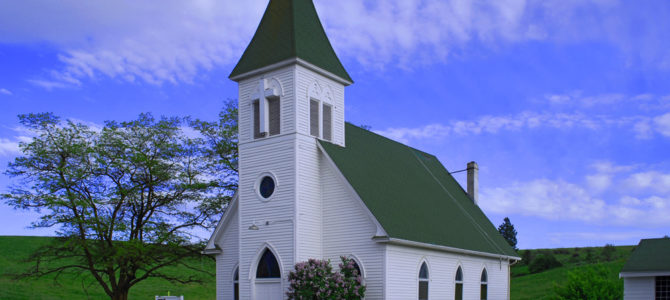
Recently Christianity Today released a startling discovery: The number one reason churches end up in court is no longer child abuse, as it was during the years of the Catholic Church scandals. For the first time in six years, churches now litigate more over property disputes.
Many property disputes look like bureaucratic procedures on the surface, but they often can actually comprise discrimination against a person or congregation’s religious freedoms. These cases have been cropping up with more frequency on legal dockets nationwide and pose a severe threat to religious liberty in America.
How the Federal Government Steps on Religious Freedom
When a particular land dispute pits one’s place of worship up against a tough, financially savvy opponent like the state or federal government, the odds of winning can seem overwhelming. Slockish v. U.S. Federal Highway Administration epitomizes this struggle.
Recently in Oregon, Native Americans “asked a federal court for justice after the government needlessly bulldozed their sacred burial ground during a highway widening project near Mount Hood.” They are asking for protection under the Religious Freedom Restoration Act (RFRA), the same law the Supreme Court ruled protected the owners of Hobby Lobby and the Little Sisters of the Poor from the Affordable Care Act’s contraception mandates.
Luke Goodrich, deputy general counsel at Becket, a public interest law firm defending the tribes, said in a press release, “When it’s an endangered species, wetlands, or even a nearby tattoo parlor, the government finds a way to protect it; but when it’s a Native American sacred site, they unleash the bulldozers and chainsaws. After taking this land from the tribes in 1855, the government now has the gall to claim that it can destroy it because it is ‘government land.’ But it’s not 1855 anymore.”
It remains to be seen how a court will rule in this case. But cases involving the federal government tend to be lengthy and costly, both in terms of money and religious freedom.
Discrimination Masked Inside Bureaucracy
Cases that threaten religious freedom due to government bureaucracy require serious grit, patience, and legal chops to maneuver. One such case, Opulent Life Church v Holly Springs, MS, exemplified such tension. Located in a small town in Northern Mississippi, Opulent Life was growing. They wanted to renovate an abandoned building in the town square.
Yet the city had an ordinance that said if a church wants to move into a new piece of land they have to get approval from all property owners within a quarter mile. This put up a roadblock to the church’s plans. As Justin Butterfield, a senior counsel at First Liberty, a law firm that only handles religious liberty cases, told me over the phone, “This ordinance only applied to churches, so it was very clearly discriminatory to them.”
First Liberty stepped in and filed a lawsuit against the city of Holly Springs, saying the city’s ordinance violated the Religious Land Use and Institutionalized Persons Act (RLUIPA). Enacted in 2000, RLUIPA is a federal law that says the government can’t treat a church differently in land-use regulation or regarding people who reside in institutions like prisons, mental hospitals, or nursing homes. It specifies that state and local governments can’t subject religious organizations to land-use regulations that might put a burden on the free exercise of religion.
After losing at the district court, First Liberty and Opulent Life appealed to the Fifth Circuit, which eventually reversed the lower court’s decision to rule in favor of the church. That ruling set a solid precedent to protect churches from government discrimination. After more legal proceedings, First Liberty settled with city attorneys, allowing Opulent Life Church to permanently relocate to the town square.
Butterfield says these types of cases, while complex, even laborious, are not uncommon. “I’ve seen an uptick in the frequency we’re having to defend churches who want to worship freely. Sometimes the litigation is discriminating masking as bureaucracy. It’s not always malicious, but there are times it is.” One such malicious, litigious battle is an ongoing case between a small Orthodox Jewish synagogue, Congregation Toras Chaim, and a homeowner’s association (HOA) in Dallas, Texas.
Your Religious Exercise Conflicts with My Petty Rules
After learning the synagogue was meeting at a home in his neighborhood, David Schneider filed a lawsuit saying they were violating the resident-only aspect of the HOA covenant. It’s not uncommon for gatherings like this to occur in homes because certain kinds of Orthodox Jews don’t drive on the Sabbath. The disgruntled neighbor then became president of his HOA and dragged them into the lawsuit.
Again, First Liberty defended the congregation’s right to continue meeting in a home. A judge ruled in the congregation’s favor, putting that particular lawsuit to rest. Unfortunately, then the city of Dallas sued, accusing them of parking violations, despite the fact that members of the congregation don’t drive on the Sabbath. If the city of Dallas wins this case, the congregation will be forced to disband and stop their worship practices. They continue to fight this legal battle for the right to worship freely.
Sometimes governments or even a local institution like an HOA will use anything from zoning regulations to parking violations to keep churches from growing or even operating. Giving in to government bureaucracy because its pushy or the fight is costly could halt people’s ability to worship freely, a constitutionally protected human right. These cases show First Amendment rights are often in jeopardy and must be defended with zeal, patience, and fortitude. Freedom to worship is foundational to America’s unique freedoms, and its authority must be maintained at all costs.



